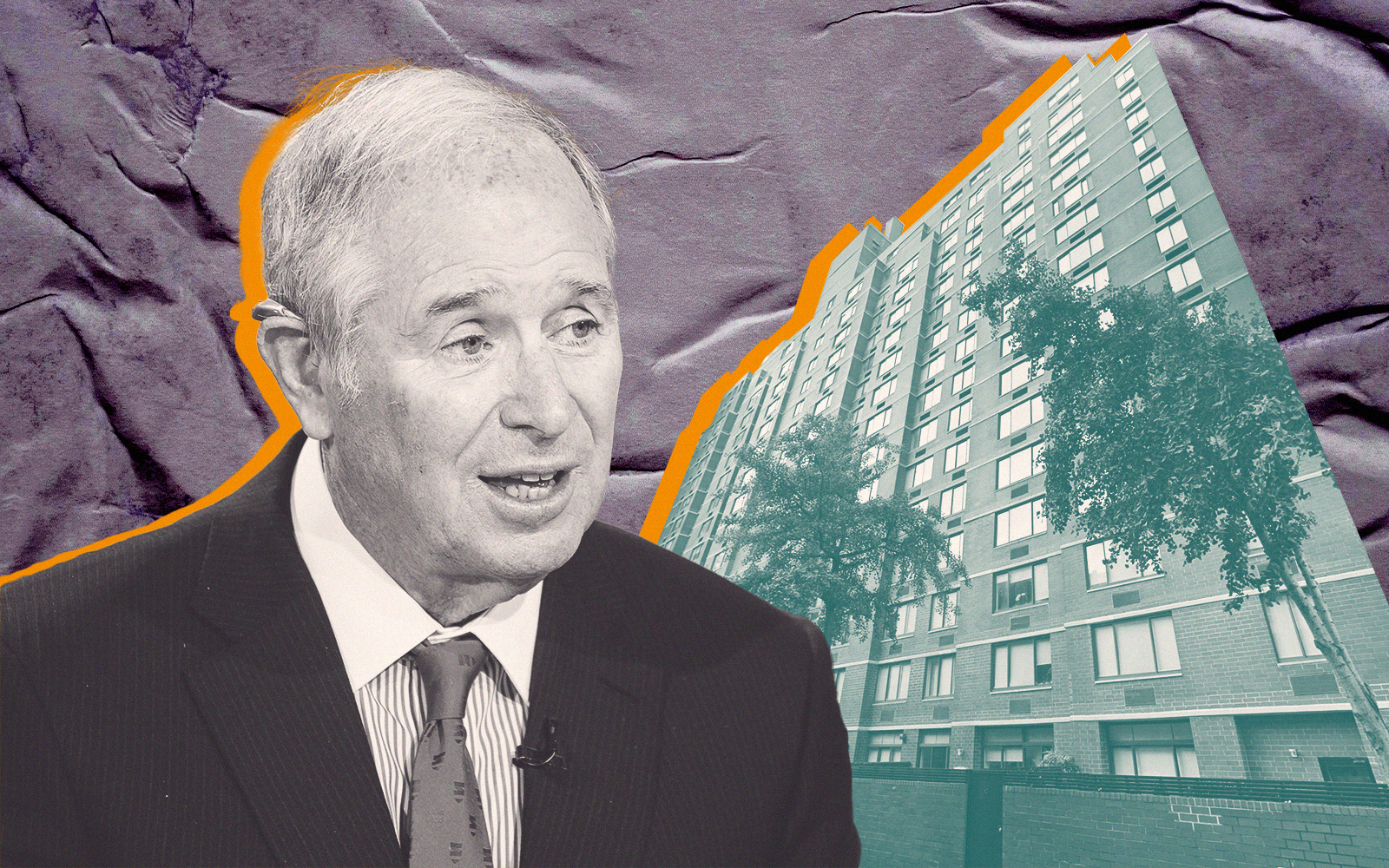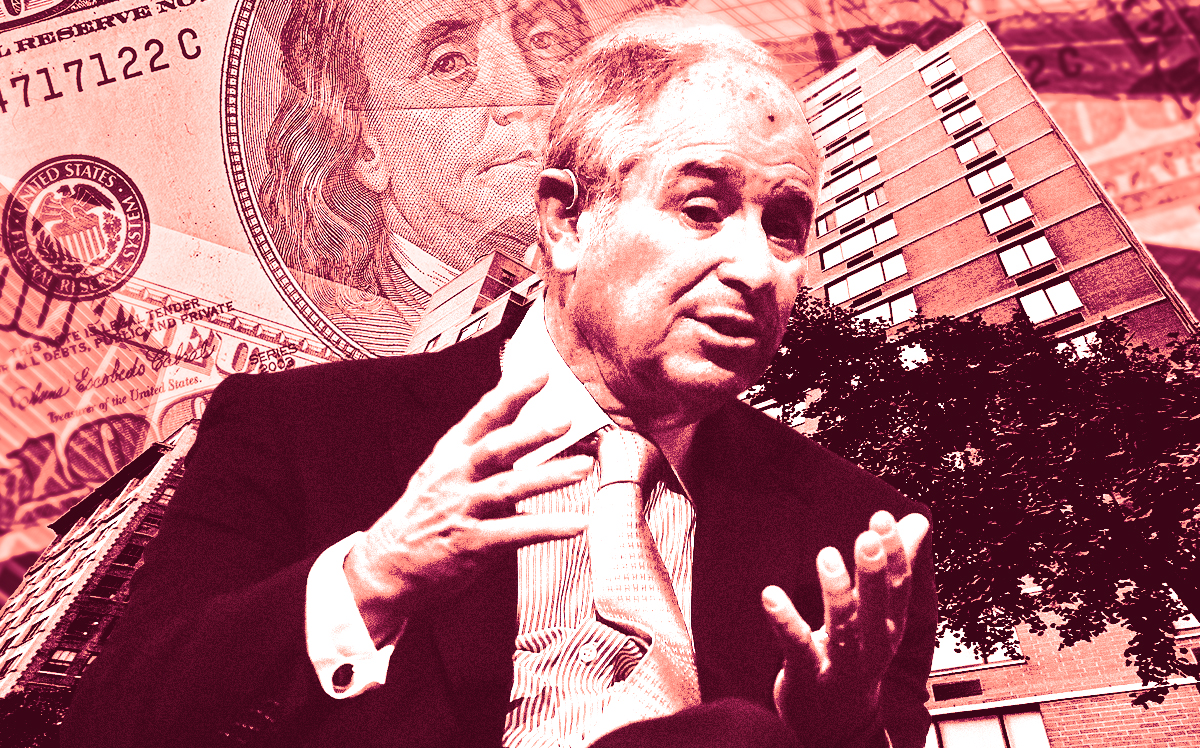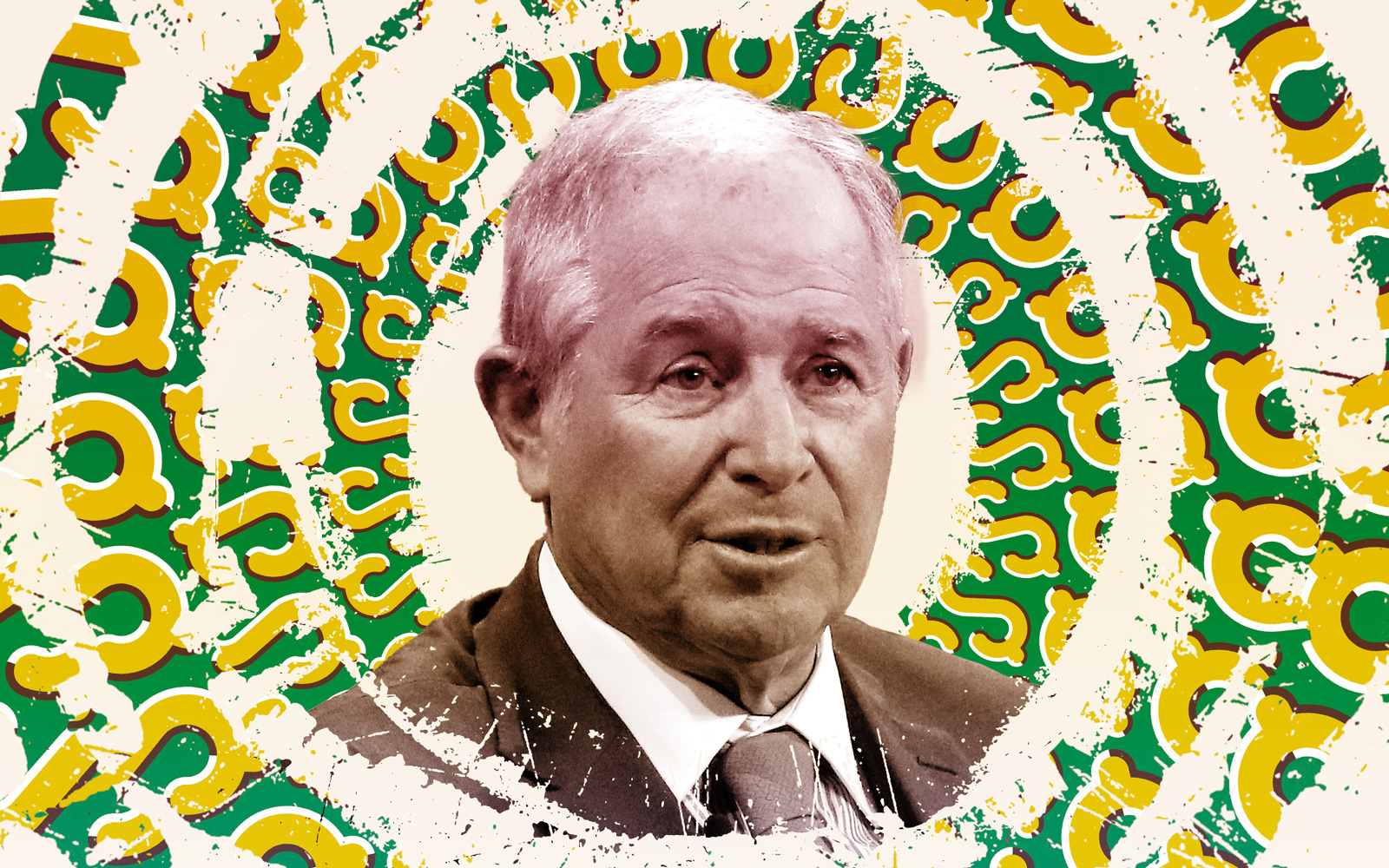The mezzanine lender on a Blackstone multifamily portfolio is looking to offload the debt, a move that brokers say indicates a foreclosure risk.
The $50 million mezzanine B note, held by Korean fund manager Inmark Asset Management, is the most junior piece of debt in a $364 million financing package backed by 11 Manhattan rental buildings.
Some $271 million of that is CMBS debt that went to special servicing in February, and $93 million is mezzanine debt, split between an A and B note, according to marketing materials from Meridian Capital Group.
Last month, Moody’s downgraded the CMBS debt, saying cash flow wouldn’t cover debt service.
Blackstone is current on the loan being marketed, but the portfolio’s debt service coverage ratio signals that the likelihood of default has risen substantially.
The DSCR was projected at 1.45 when Morgan Stanley originated the CMBS debt in 2019, American Banker reported, meaning the portfolio’s cash flow was expected to easily cover payments on the debt.
As of March, the ratio had slipped to 0.87, indicating the portfolio’s revenue is only covering 87 percent of its debt service. Factoring in the mezzanine loan, the DSCR is just 0.58, according to Moody’s.
For the mezzanine lender, brokers say, that ratio is a red flag.
The debt service ratio might have gone south because of rising interest rates, lower rent revenue than forecast, or both. Rent regulation by New York isn’t the problem, as the portfolio is 96 percent market-rate.
In any case, the ratio indicates an elevated likelihood that Blackstone will default on the senior debt and an even greater risk for the mezzanine loan, which is paid back second.
“My guess is the properties are worth somewhere between the senior loan and the [senior loan plus] mezzanine balance,” said one broker with knowledge of the offering.
Whoever controls the properties is responsible for paying the senior loan. The question for the potential mezz debt buyer is, how much more than that loan balance are the properties worth?
A buyer would essentially be betting that if Blackstone stopped making debt payments, the mezz buyer would take control of the properties with a UCC foreclosure and recapitalize them at a valuation more than the combined amount of the CMBS debt and the purchase price of the mezz debt.
For Korean-based Inmark, selling the mezz loan at less than 100 cents on the dollar would cut the firm’s losses on an investment that didn’t quite work out, and remove a liability from its books.
Brokers say the Koreans likely do not have the systems in place or desire to manage the portfolio. “So the idea of taking back the property probably scares them,” one broker said.
“They probably see a train wreck coming and they probably just want to sell it and get out,” another broker said. “You know, move on.”
A mezz lender technically forecloses on the entity that owns the properties, not on the properties themselves. The Blackstone buildings are at 250 West 19th Street, 31 East 31st Street, 344 East 63rd Street, 434 West 19th Street, 309 West 30th Street, 337 West 30th Street, 345 West 30th Street, 162 East 61st Street, 425 East 84th Street, 445 East 83rd Street and 451 East 83rd Street.
Read more



Default risk may not be the only factor driving the mezzanine sale. Inmark might just need liquidity or want to reduce its exposure to multifamily. The firm did not respond to a request for comment.
The CMBS debt on the portfolio comes due in August but Blackstone reserves the option to bump the maturity date to August 2024. The company, which declined to comment, has already extended the due date twice.
